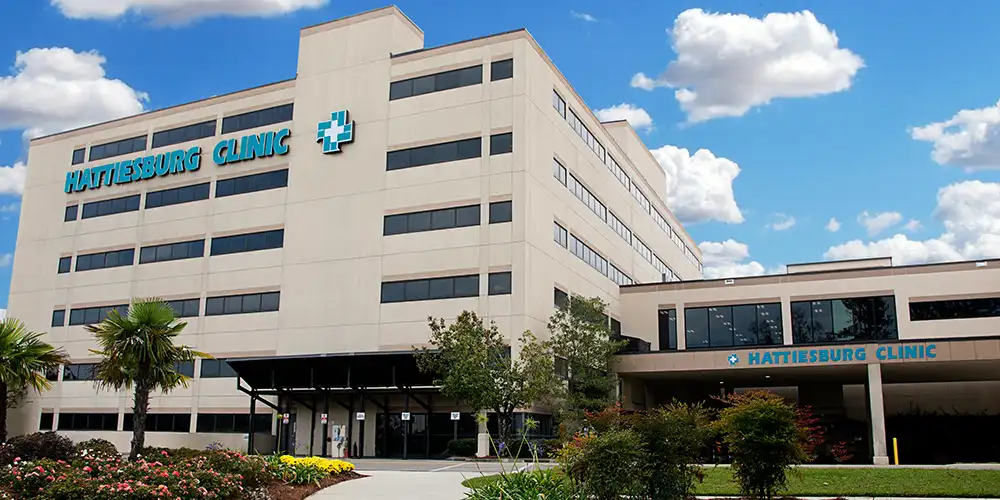

It is recommended that everyone ages 6 months and older receive a 2024-2025 COVID-19 vaccine.
Patients can schedule an appointment by:
For everyone aged 12 years and older, the Moderna COVID-19 vaccine is available on the first floor of Hattiesburg Clinic located at 415 South 28th Avenue.
Currently, Hattiesburg Clinic is only offering the Moderna COVID-19 vaccine at its main location. However, please check with your primary care physician for alternative vaccines that may be available.
Appointments may be booked through Iris, Hattiesburg Clinic’s patient portal, or by calling (601) 261-1620.
Those six months and older are eligible for the COVID-19 vaccine, per The Centers for Disease Control and Prevention (CDC) recommendations.
Please visit the CDC for more information on COVID-19 vaccinations for specific groups.
Being “fully vaccinated” is the term commonly used when a person is up to date on their covid vaccine. For those who are not immunocompromised, that means:
You are up to date when you get 1 updated COVID-19 vaccine1.
You are up to date when you get all recommended doses, including at least 1 dose of updated COVID-19 vaccine1.
The Centers for Disease Control and Prevention (CDC) recommends that people ages 6 months and older get a flu vaccine by the end of October – especially those who are more likely to develop medical problems from the illness. Even if received later than October, the vaccine will still provide protection. For more information on the CDC’s flu vaccine recommendations, visit this CDC page.
As a convenience to our patients, Hattiesburg Clinic offers flu shots Monday through Friday, from 8 a.m. to 5 p.m., on the first floor of the main clinic. Flu shots are available to the general public during the current flu season.
Sources: